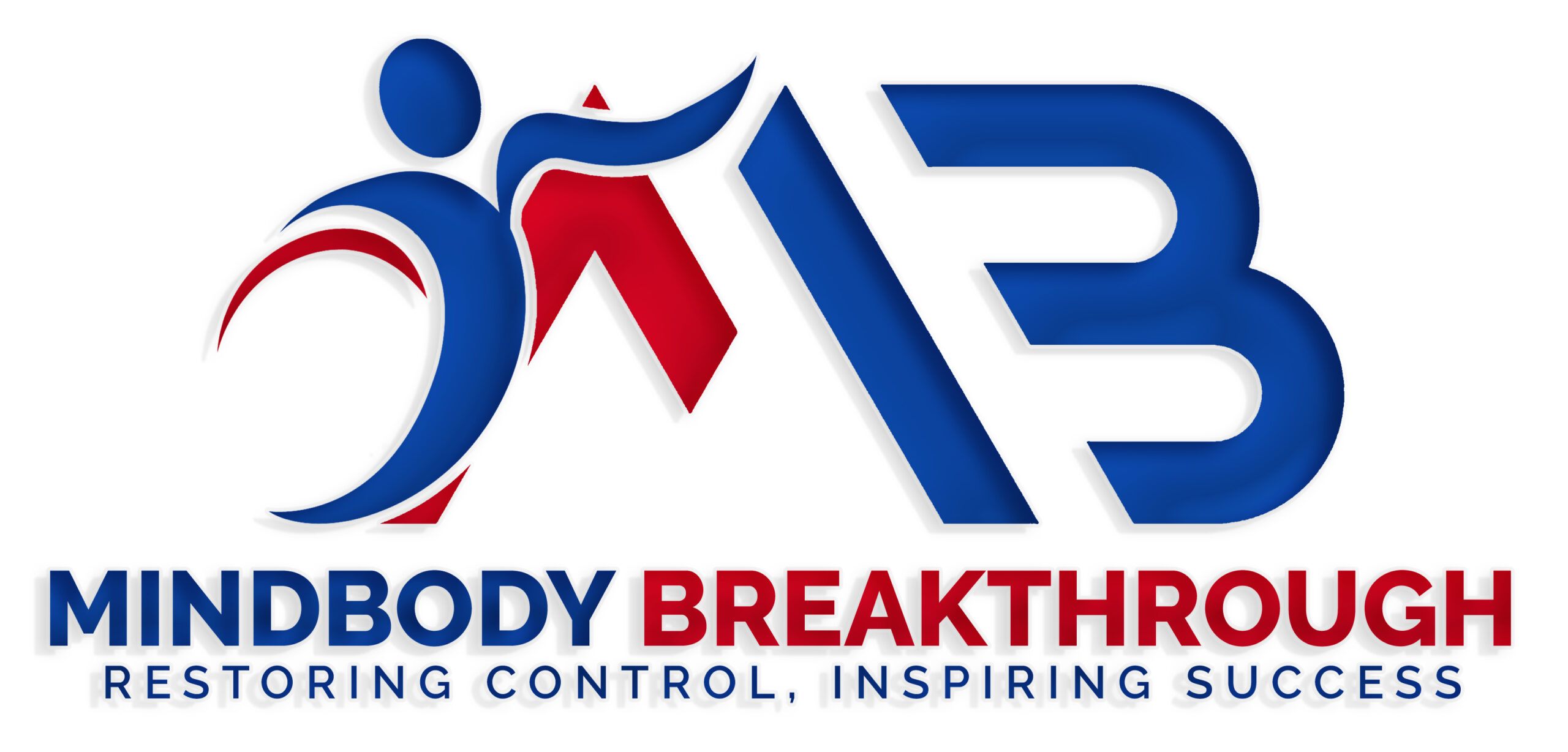Stress, Appetite & Your Relaxation Response
The part of the brain that is heavily involved in survival activities is also involved in mediating appetite. This means that trauma or stress can dysregulate the neuro-physiological networks involved in the regulation of appetite, leading to maladaptation. For example, acutely stress out a lab rat and it becomes hypophagic (its appetite is surpressed). Chronically stress out the same rat (please don’t try this at home?) and it becomes hyperphagic(its appetite is stimulated).
Although this process is also applicable to humans, it is far from straightforward as humans are extremely complex. There are several factors that can mediate whether you end up being hyper or hypophagic under intense life stressors. Some people have excess body fat by engaging in emotional eating as a coping mechanism, while others eat moderatley and still end up with excess body fat. Then, we have those who become chronically hypophagic to the extent of developing anorexia nervosa. So the stress-appetitie link is a massive conundrum.
Studies have shown that stress hormones (such as cortisol, adrenaline , noreadrenaline, CRH, etc.) have a dual-functionality regarding appetite. Depending on the timing, nature, dosage and type of the stress hormones secreted when in a survival mode, that will determine what your appetite does. In chronic stress, you may crave certain types of food, eat too little food or eat too much. Whatever situation you find yourself, what is key to remember is that these are all adaptive behaviours of the autonomic nervous system for survival.
In this clip, I explain how you can turn off elevated stress hormones that could suppress or over-stimulate appetite and start to move towards balance.








